I know when you first become a parent it can be a joyous and celebratory event. In most cases, parents cannot wait to introduce the new baby to friends and family. But sometimes exposure to loved ones also means exposure to germs. Young infants are very susceptible to infection in the early weeks of their lives, so contracting something as small as the common cold can present danger. This is especially true for babies born early, because they have underdeveloped lungs and immature immune systems. I wanted to share with you a something that can help save your babies life as this is something most parents may not be aware of.
 [pinit]
[pinit]Because of these dangers, parents of new babies need to be cautious about exposing infants to visitors. But communicating your concern to family and friends eager to meet your new child is difficult. It is a struggle to be appreciative of people’s excitement and wary of their contact.
As a guest, it is your responsibility to know how to act and prepare for a visit. It is important to remember that babies are susceptible to germs, so physical contact can be risky. Always wash your hands, ask before you touch a baby, and stay away if you have been sick recently.
And if the new parents aren’t ready for visitors, remember that their concerns are valid and don’t be offended. There are other ways to show support of families with newborns (e.g., laundry duty or bringing dinner), while respecting the parents’ efforts to keep their baby safe from germs during their first few vulnerable months.
Here’s a Sample Letter you can use to send to friends and families to express your feelings as to why they can’t see the baby yet! You can simply insert your own name and your babies name into this letter.
Dear [Loved One],
I know sometimes people think I go to extreme lengths to protect [Baby], and I understand my methods may seem strange. I wanted to send this note to you to give you insight on what life is like when you’re perceived as an “overprotective” parent.
[Baby] was born [prematurely or with X condition], which puts [him/her] at an increased risk of developing a serious infection from many common, seemingly harmless, germs and viruses. For example, respiratory syncytial virus (RSV) is an extremely common virus that all babies contract by their second birthday. Most infants have the immune system and lung strength to fight off the virus, but in high-risk babies, it can cause a very serious infection. In fact, serious RSV infection is the leading cause of infant hospitalization. Note: For more information on the dangers of RSV, you can check out www.RSVprotection.com.
Because [Baby] is so vulnerable to RSV and other illnesses, it’s important to us to avoid exposing [him/her] to these germs. Viruses like RSV are highly contagious and can live for hours on objects like countertops, doorknobs and toys. Frankly, the idea that visitors may unknowingly bring in these dangerous germs is very scary to a new parent!
So I’m asking that you please be patient with me and my precautions to keep [Baby] safe. Please contact me before dropping by for a visit, and know that while I hate turning you away or asking you not to come over, it’s always for a good reason and never personal.
And when we’re eventually ready for visitors, please remember that prevention is key to keeping [Baby] safe.
- Please refrain from visiting when you are sick or if you’ve been around someone ill.
- Please make sure your clothes are clean and you haven’t smoked or been around smokers recently. Smoke can be very dangerous for underdeveloped lungs.
- Let’s wait until [Baby] is strong enough to be introduced to your little one(s), You know I love seeing [him/her], but toddlers and school-aged children are very likely carriers of germs and viruses.
- Wash your hands immediately when you come into the house, or sanitize during your visit – this is one of the best ways to prevent the spread of germs. Wash, wash, wash!
I hope this helps to explain a bit better why I’ve been keeping [Baby] in and, often, visitors out. I appreciate your understanding and look forward to seeing [Baby] grow stronger and healthier everyday with your help!
Best,
[Mom]
It’s a very simple letter and step you can do to save your babies life!
A here are a few more tips to remember when a loved one has a new baby:
- Call before you visit. New parents need time to set up a routine and bond. By giving them time to do so before you visit, you are respecting the new family.
- Postpone a visit if you feel that you may be getting sick, have recently been ill or exposed to illness.
- Remember that parents know best. If you feel they are being overprotective or overly cautious, just consider that only they know what’s best for the health of their new son or daughter.
- Offer to do something to ease their responsibilities as they spend time as a family, such as laundry, cooking or dishes. Sleep-deprived moms and dads will appreciate your help!
If you do schedule a visit with a new baby:
- Wash your hands frequently—upon entering the home and especially prior to holding the baby. Parents, and the new baby, will appreciate it.
- Leave toddlers at home, especially during the winter months. Young children, especially if they attend day care or preschool, often carry germs and viruses, like RSV, that are easily spread.
A few facts about RSV that all parents, caregivers and loved ones should know:
- Almost every baby will contract RSV by age 2, but only 1/3 of moms say they’ve heard of the virus.
- Serious RSV infection is the leading cause of infant hospitalization, responsible for more than 125,000 hospitalizations and up to 500 infant deaths each year.
- RSV occurs in epidemics each fall through spring. The CDC has defined “RSV season” as beginning in November and lasting through March for most parts of North America.
- There is no treatment for RSV, so it’s important for parents to take preventive steps to help protect their child (e.g., wash hands, toys, bedding frequently; avoid crowds and cigarette smoke).
- Certain babies are at an increased risk of developing serious RSV infection, so it’s important to speak with a pediatrician to determine if a baby may be at high risk for RSV, and discuss preventive measures.
- Symptoms of serious RSV infection include: persistent coughing or wheezing; rapid, difficult, or gasping breaths; blue color on the lips, mouth, or under the fingernails; high fever; extreme fatigue; and difficulty feeding. Parents should contact a medical professional immediately upon signs of these symptoms.
To learn more about RSV, visit www.rsvprotection.com.
Let’s all do our part to kee these innocent babies healthy!
***Disclosure: I wrote this review while participating in a blog tour by Mom Central Consulting on behalf of MedImmune and received promotional item to thank me for taking the time to participate.***
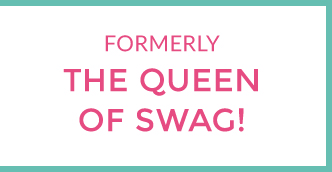







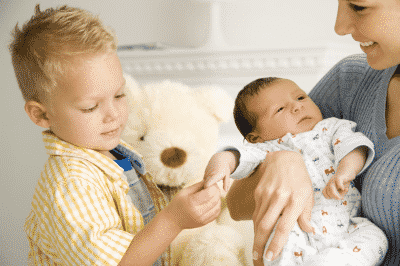
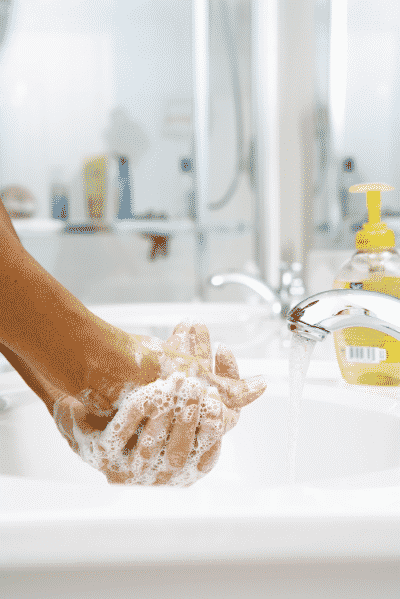










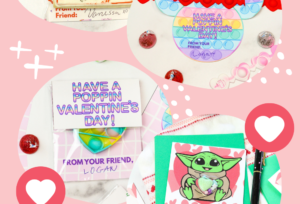

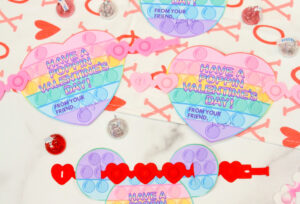




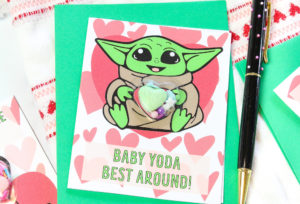






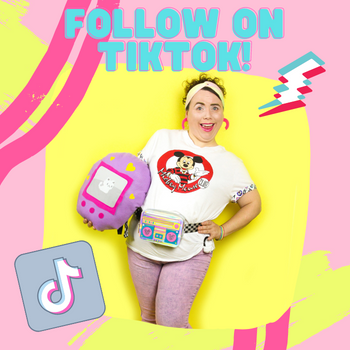








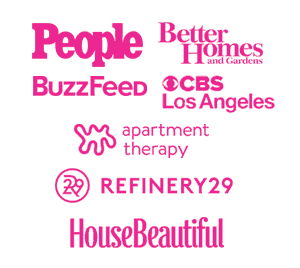
Comments
Nice letter explaining why people can not see a new little one. I have been fortunate enough to have 6 very healthy babies and even then still worry about all the things they can catch from visitors.